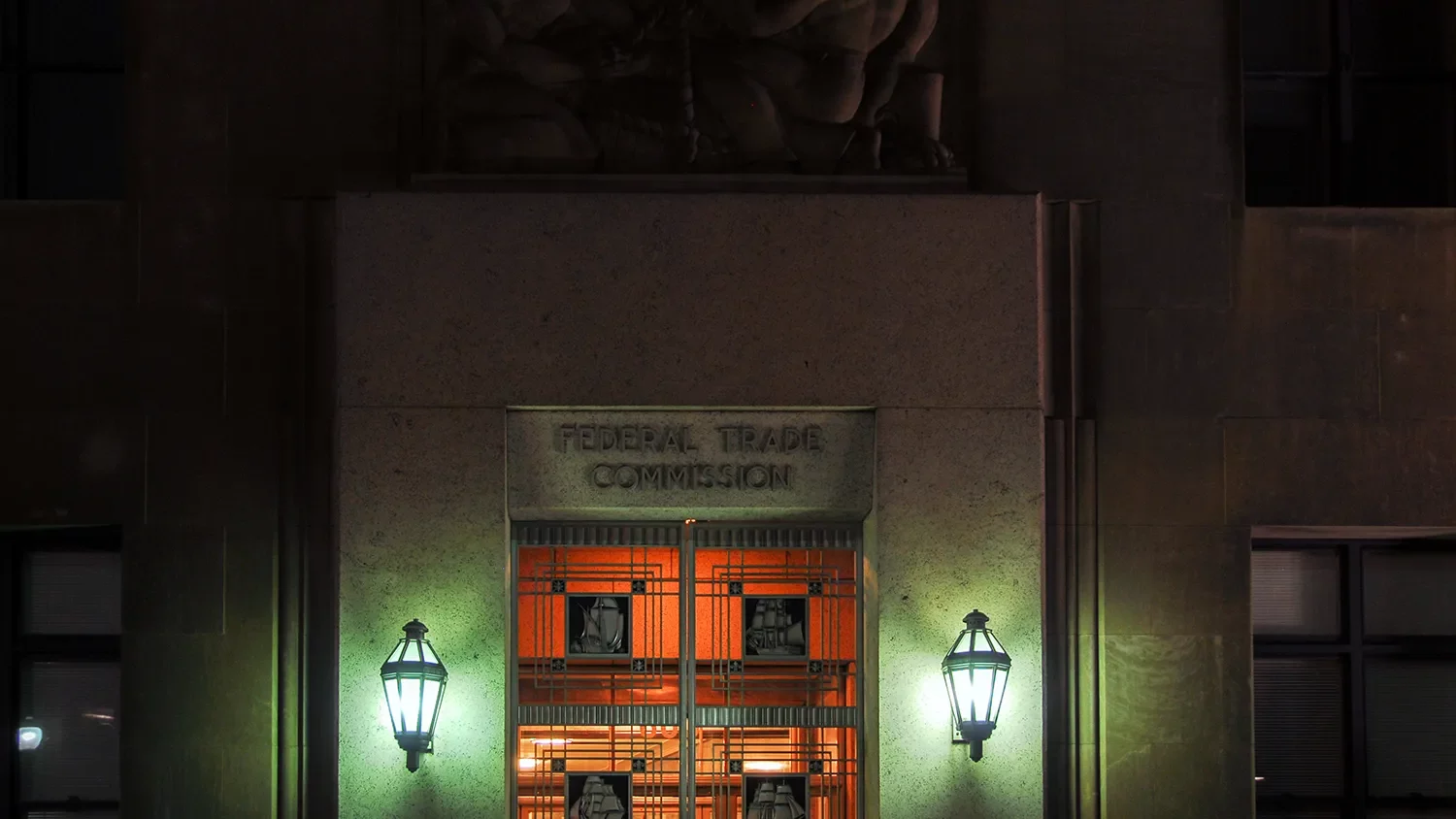Warner-Discovery Approved as Competition for Eyeballs Becomes Even More Fierce

As recently announced, the WarnerMedia and Discovery merger has taken its next step towards completion, which stands to produce another strong competitor in the entertainment sector and further intensify the fight for media consumers’ attention. Discovery revealed in an SEC filing on February 9th that the proposed merger had cleared a critical hurdle with the conclusion of a waiting period required by federal antitrust regulations. Valued at $43 billion, this is the biggest media merger of the last two decades and will combine the assets of HBO, Warner Bros. television and film studios and the sports-heavy TNT and TBS networks with Discovery’s library of nonfiction programming, which includes Oprah Winfrey’s OWN, HGTV, the Food Network and Animal Planet. Many companies are pursuing mergers and acquisitions as a strategy to further develop and expand their libraries of content and access to consumers, bringing us into a golden age of television with numerous innovative challengers vying for consumers’ eyes.
This newest deal follows similar mergers and acquisitions in the entertainment space, most notably AT&T’s $85 billion acquisition of Time Warner, which initially brought Warner’s Media assets into the telecom giant’s orbit. Other cleared transactions include Disney’s acquisition of Fox for $71 billion and Comcast’s acquisition of Sky for $40 billion. Deals such as Microsoft’s controversial $70 billion acquisition of Activision Blizzard Inc. and the smaller Amazon-MGM acquisition for $8 billion are also looking to respond to the vigorous competition for attention in the media sector. Closing the Amazon-MGM deal would provide the historic brand certainty that allows MGM to invest and create new and great content at a greater scale, which is procompetitive and good for the industry and consumers alike. The approval of this deal would also signal greater opportunities for similar deals in the future. The persistent entry of many new streaming services into the market is a boon for artists and creatives as well, as more firms are bidding on their content. The competitive pressure on these new entities is fierce: more than a dozen large, well-funded, global studios are now producing content for viewers, in addition to numerous other sources for quality content ranging from television networks to movie studios, streaming platforms, and game studios.
As DisCo has previously covered, there is a high degree of competition in the evolving entertainment sector, with streaming platforms, video games, and social media increasingly going head-to-head in an effort to meet ever shifting demands. As inter-media competition heats up, Netflix’s fastest growing competition now comes from games like Fortnite, and the most popular apps on the gaming console Xbox aren’t games at all; but streaming services like Netflix and Spotify.
The WarnerMedia-Discovery deal satisfying the closing condition with the DOJ bodes well for much smaller deals such as Amazon’s acquisition of MGM, which will help to further strengthen competition in the marketplace and provide even more choice to consumers. But more broadly, the merged entities will still face a huge field of competitors out for blood. Many large players in the space are making significant investments year after year on content development. According to a new Wells Fargo report, content spending is expected to reach $140.5 billion in 2022. Among the top spenders (in order from most to least) are Disney, WarnerMedia-Discovery, Comcast, ViacomCBS, Netflix, Amazon when including MGM, Apple, Lionsgate, and AMC Networks. That figure is projected to reach roughly $172 billion by 2025.
With so much content, these content creators are pursuing consumers across multiple platforms, through their smartphones, tablets, laptops, desktops, gaming consoles, and televisions in the hopes of winning attention for this abundance of new content. Given the many existing options available to consumers across multiple platforms, deals such as WarnerMedia-Discovery and Amazon-MGM will further intensify the entertainment sector. Arguably, there’s never been a better time to be a media consumer than now, as this rapid growth and innovation is likely to continue.








